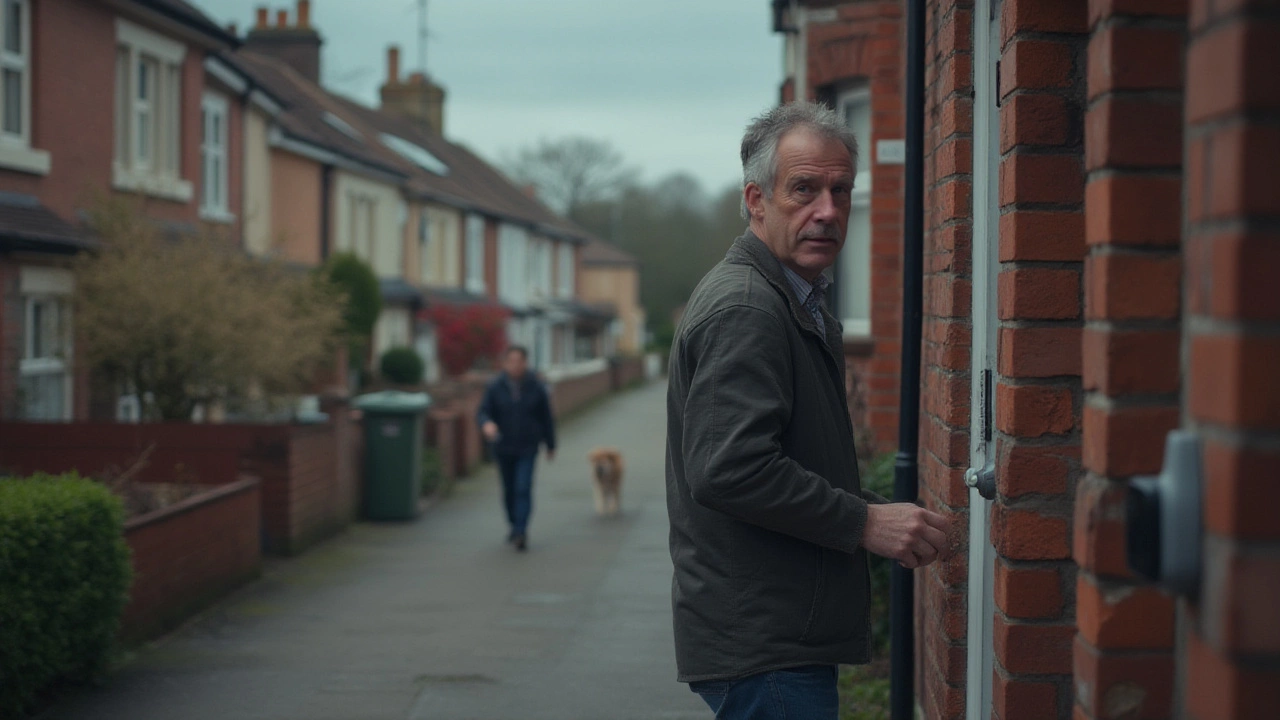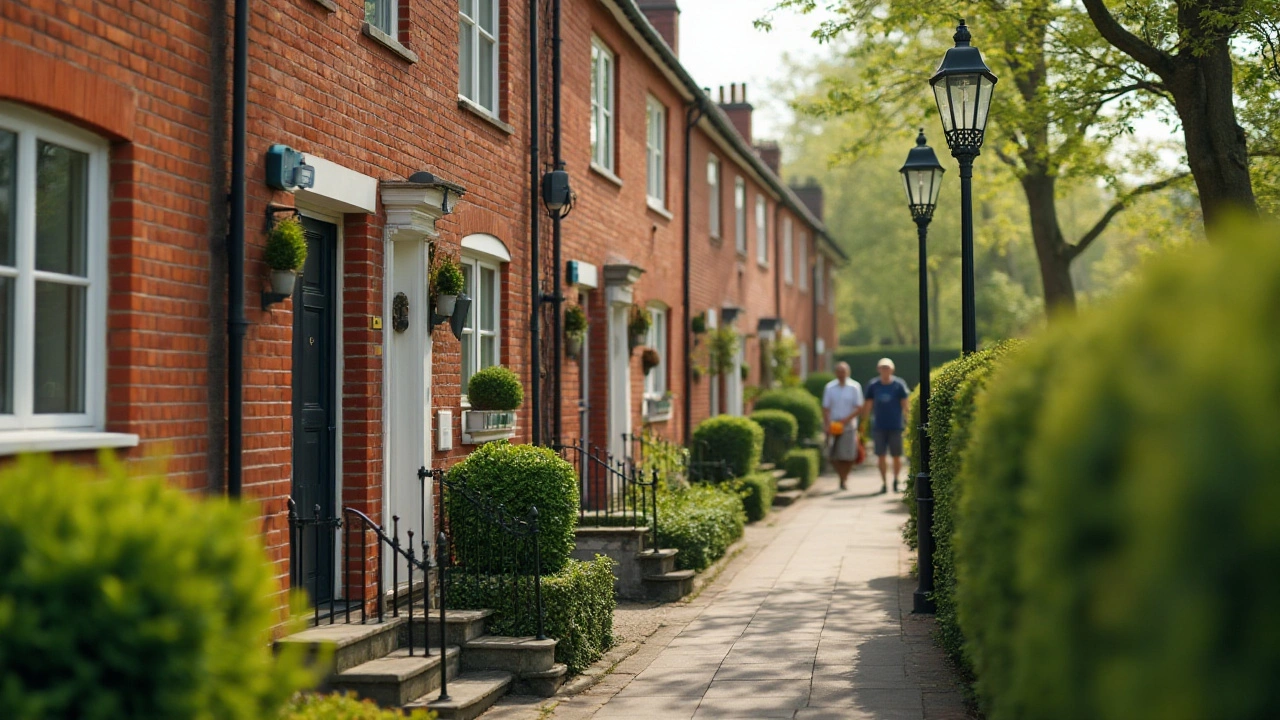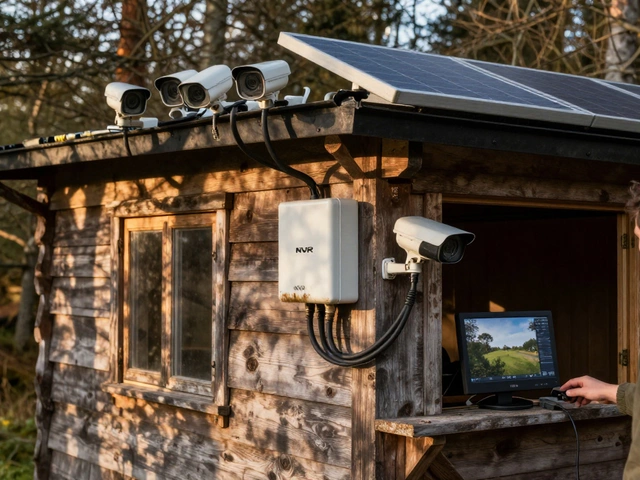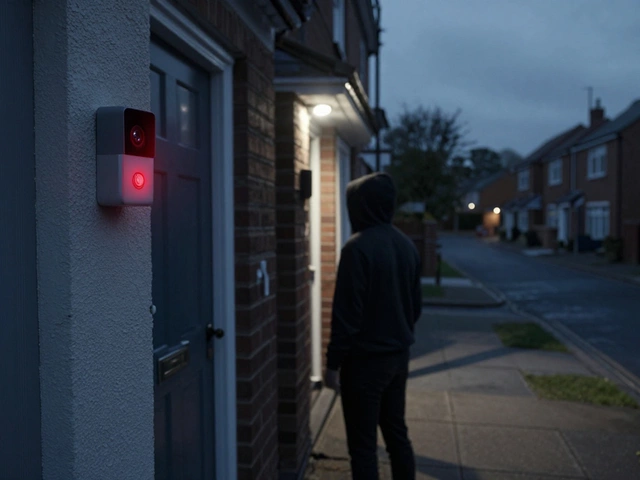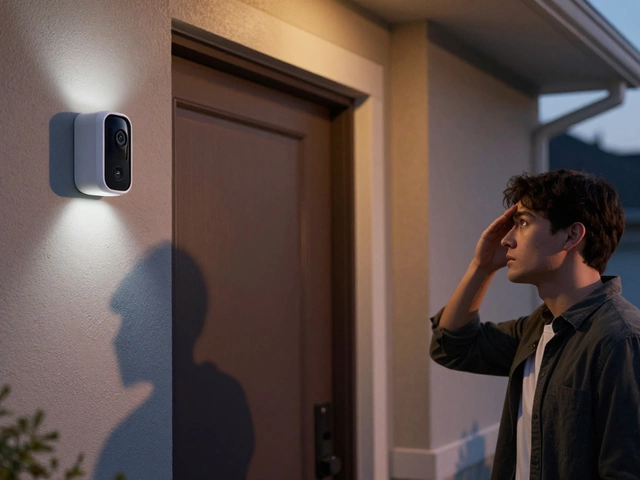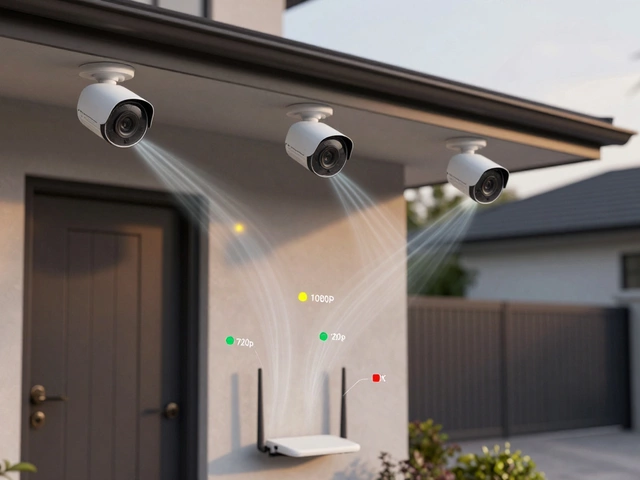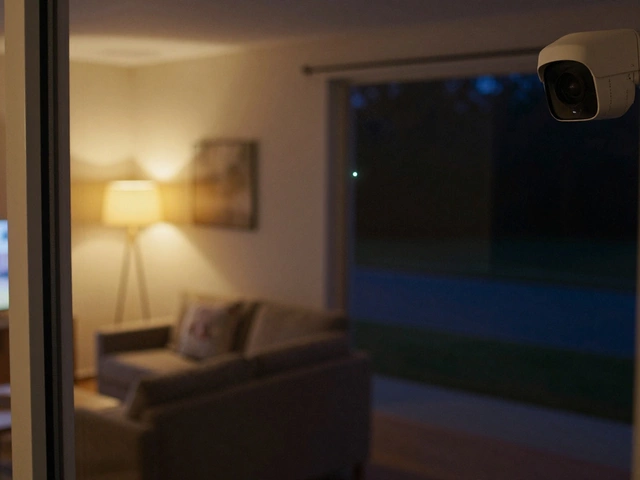Neighbour Privacy and Smart Doorbells – Your Quick Guide
Living in a close‑knit neighbourhood can feel great, until a video doorbell starts pointing at the next house. Suddenly you’re wondering: is it legal? Is it rude? And how do you protect your home without stepping on a neighbour’s privacy? Let’s clear up the confusion so you can keep your doorstep safe and keep the peace.
First off, smart doorbells like Ring, Nest or Eufy record video whenever they detect motion. That footage belongs to you, but the camera’s field of view often sweeps across a neighbour’s garden, driveway or even their front door. In the UK, the Data Protection Act and GDPR consider that personal data, meaning you can’t just film anyone without a good reason.
Legal basics for UK homeowners
The law says you must have a "legitimate interest" to record public spaces that include private homes. If the camera is aimed mainly at your property and only captures a sliver of the neighbour’s side, you’re usually fine. Problems arise when the lens is angled directly at a neighbour’s windows or when you store the video without proper security.
Most councils have specific guidance: keep the camera height under 2.5 metres, use the narrowest field of view possible, and never share the footage publicly. If a neighbour writes to you complaining, respond politely, explain why the camera is needed, and offer to adjust the angle. Ignoring a formal complaint can lead to complaints to the ICO (Information Commissioner’s Office) and possible fines.
Practical steps to keep the peace
Before you install, talk to the people on either side. A quick chat about where the camera will point (and maybe a photo of the view) can prevent months of tension. Most disputes disappear once neighbours see you’re being considerate.
Next, use the privacy settings on your doorbell. Many brands let you set a "privacy zone" that blacks out a rectangle in the video – perfect for hiding a neighbour’s garden. Turn on motion‑only recording so the camera isn’t constantly active; this reduces the amount of data you store and lowers privacy risk.
Secure the video files. Use strong passwords, enable two‑factor authentication, and back up the footage on an encrypted drive. If a breach occurs, you’ve done everything you could, and that’s a strong defence if the ICO checks your compliance.
Finally, keep an eye on local regulations. Some UK boroughs require you to register surveillance equipment with the council if it covers public spaces. Check your council’s website or give them a call – it’s quicker than dealing with a fine later.
Remember, the goal isn’t to stop you from protecting your home. It’s to balance safety with respect for the people living next door. By adjusting the camera angle, using privacy zones, and keeping an open line of communication, you can enjoy the benefits of a smart doorbell without becoming the neighbourhood’s unwanted paparazzo.
If you’re still unsure, read our full article "Can Neighbours Legally Complain About Ring Doorbells?" for a deep dive into legal precedents and real‑world examples. Armed with the right info, you’ll feel confident that your home is secure and your neighbours are happy.

